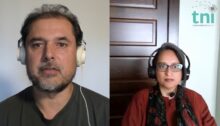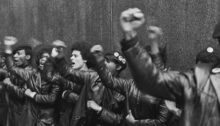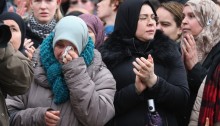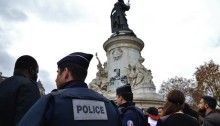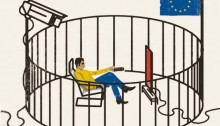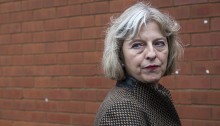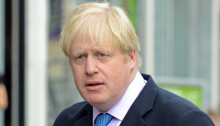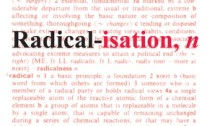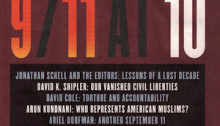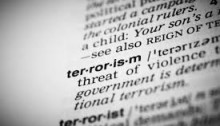Deepa Kumar: The racist roots of the War on Terror
In this fascinating conversation, Arun Kundnani interviews Deepa Kumar who traces the longer historical and racist roots of the War on Terror that in the last 20 years has killed at least one million people. They discuss how Arab and Muslim communities were racialised and targeted well before 9/11 and what interests this dehumanisation served.…
